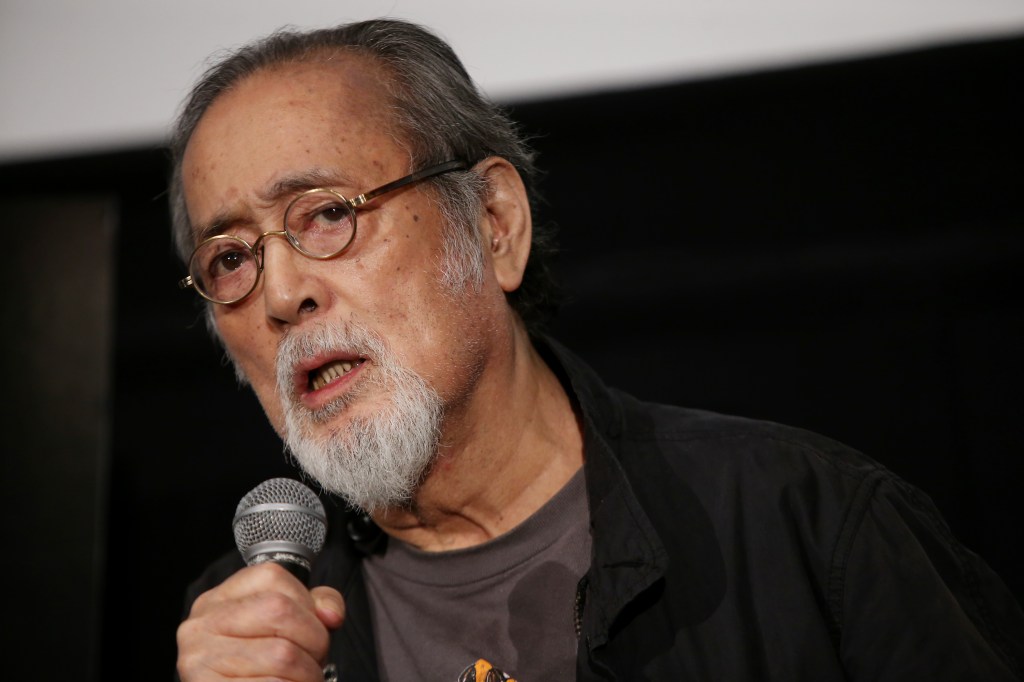Japanese actor Tatsuya Nakadai, who was best known internationally for his role in Akiro Kurosawa’s 1985 epic drama Ran, has died in Tokyo at the age of 92.
Local media reported that the actor died on November 8, while being treated for pneumonia in hospital.
Nakadai, who born in Tokyo in 1932, was one of the best-known actors of his generation with his early career particularly associated with directors Masaki Kobayashi and Akira Kurosawa.
Kobayashi gave Nakadai his big screen break after spotting him at a Tokyo department store in the 1950s where he was working as a sales assistant.
The young man, without any formal acting train, would become the face of a nation grappling with its World War Two legacy in early roles.
Kobayashi first cast Nakadai in a minor role in the 1956 war drama The Thick-Walled Room about a group of Japanese soldiers accused of war crimes.
They would collaborate on 11 films in total Nakadai next starring in the director’s The Human Condition trilogy (1959-61) as pacifist trying to stay true to his ideals in wartime Japan, and then in ronin drama Harakiri (1962).
It was Nakadai’s work with Kurosawa that won him the most international fame.
The pair worked on five films together, topped by the Oscar-winning King Lear-inspired 1985 epic Ran, in which Nakadai played a feudal tragic warlord, and prior to that, Samurai drama Kagemusha, which won the Cannes Palme d’Or in 1980.
Nakadai’s varied 184 credits also included Yakuza melodrama Onimasa (1982); English-language picture Return from the River Kwai (1989); Japan’s Tragedy (2012), a family drama set in the aftermath of the deadly 2011 earthquake and tsunami; animated feature The Tale Of Princess Kaguya (2012) and his last film, The Pass: Last Days of the Samurai (2020).
Alongside his prolific career, Nakadai founded the Mumeijuku acting school in 1975, the alumni of which included Koji Yakusho, who won best actor in Cannes in 2023 for his performance in Wim Wenders’ Perfect Days.
One of Japan’s most revered actors, Nakadai was awarded with the Order of the Rising Sun in 2003, named him as a Person of Cultural Merit in 2007, and then presented with the country’s Order of Culture by the emperor of Japan in 2015, the country’s highest accolade for a person in the arts and sciences.

